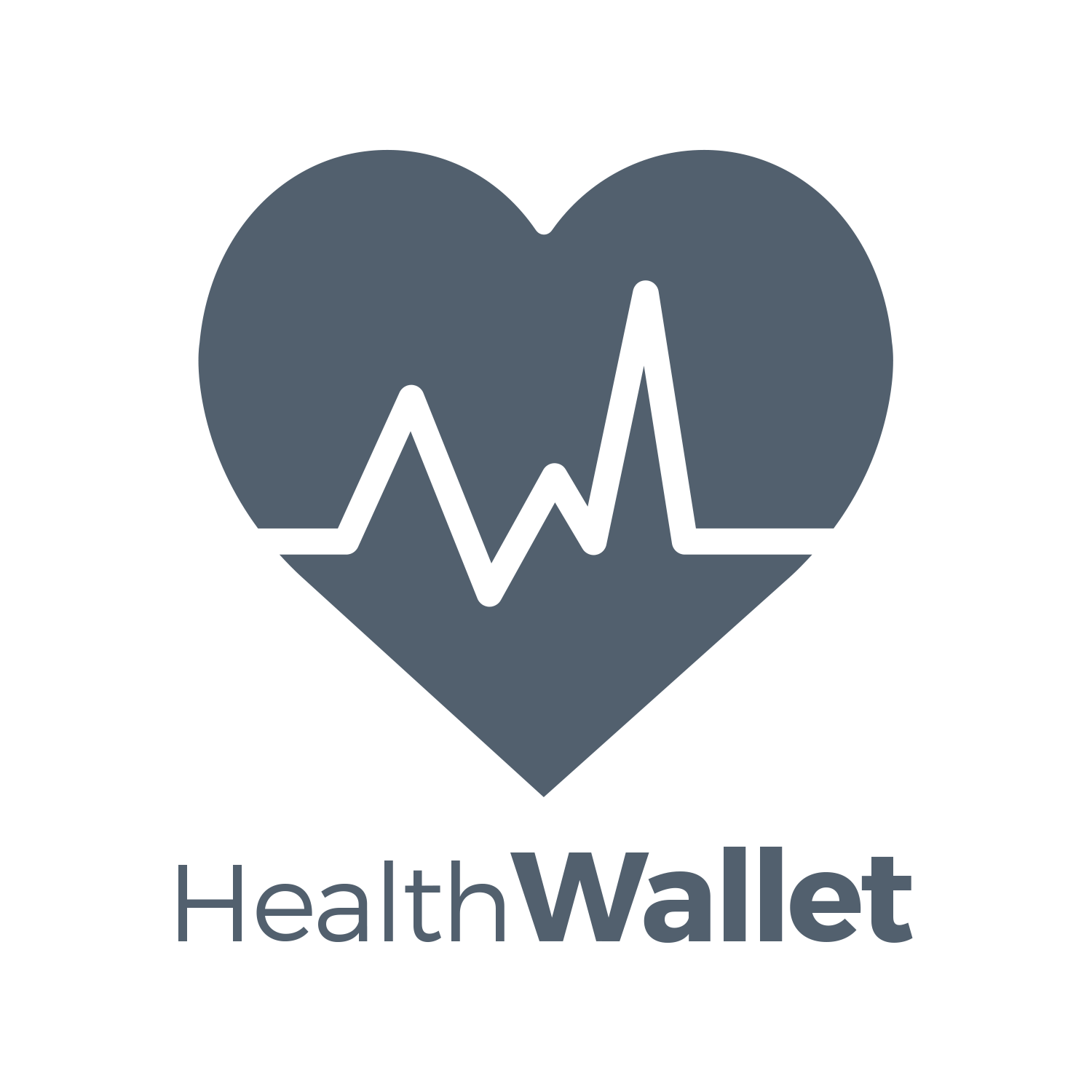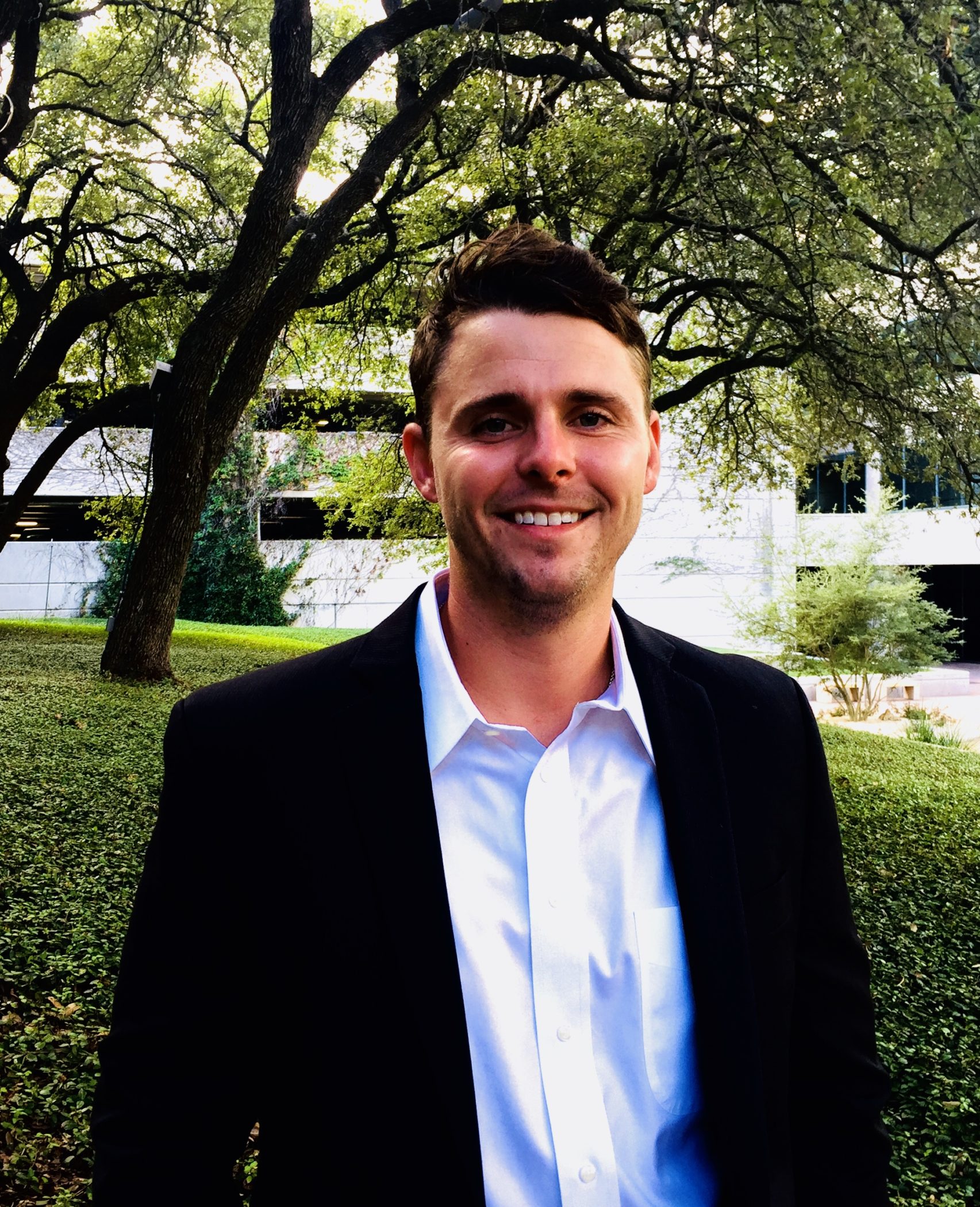

About Ryan Coplon
Ryan Coplon is a Partner in a boutique insurance consultancy that focuses in the captive, self-funded and alternative risk financing insurance environments. He is also a Co-Founder and current President of HealthWallet, a digital health mobile application that helps to increase healthcare access for employees and cut plan expense for employers. He graduated Cum Laude from Texas State University with a Bachelors in Business Management with a Concentration in Entrepreneurship and was the President of the Ambassadors to The McCoy College of Business. He was one of the youngest insurance agents to receive his Certified Insurance Counselor Designation and was voted “Young Agent of the Year” in 2016 from The Independent Insurance Agents of Texas.
About HealthWallet
HealthWallet is working to consolidate convenience and transparency, offering employers the most comprehensive cost containment and concierge mobile healthcare tools currently available on the market today. Employers, Brokers, Captives, TPA’s and Families will all benefit from this cutting edge technology. At its core, HealthWallet’s value is in the user experience. A one stop shop to schedule telemedicine doctor appointments via cell/video, evaluate medical procedural costs and quality of care by provider (on your map, with your benefits). HealthWallet also includes an RX geo-locator prescription discounting feature, a convenient digital storage for up to 15 insurance cards, and direct integration to pull user-specific medical plan data (coverage, coinsurance, deductible, and utilization) directly from your carrier in real time.
HealthWallet is changing the way healthcare is delivered.
U.S. Domestic Medical Travel (USDMT): Are employee benefits in the DNA of your career and your company?
Ryan Coplon (RC): I come from a background in employee benefits and was a partner at a boutique consulting firm in Austin, Texas. Out of that came another company that we started called Health Wallet.
As consultants to payers and employer groups, we had a vision for a mobile solution that would be relevant in terms of the user’s perspective. The company had an intrinsic cost containment strategy and mechanism.
In less than two years we have grown quite a bit beyond expectations.
USDMT: What does the app offer?
RC: It has four pieces of functionality all within one platform.
First, there is direct integration with most health insurers. By using somebody’s group and member number, we can pull directly from the carrier electronic benefits like ID cards, deductible accumulator and information about their health insurance plan.
Second, users can also the geolocation of their device to search for prescriptions, as well as procedures and providers.
From the prescription standpoint, they can use the location of their device to find all the pharmacies around them, compare costs, and access coupons and manufacturer discounts. This also includes information about the drug, dosages, storage warnings and pictures.
Third, from the provider standpoint, they can search by procedure and location, as well, and find recently adjudicated claims data and insurance networks to see costs based on procedure and facility. Within facilities users can see quality metrics, making this a tool for shopping for healthcare using their own insurance network.
The fourth piece of functionality is the telemedicine and tele-therapy. Users can talk directly to a licensed doctor or psychologist who can diagnose and prescribe.
USDMT: You mentioned you work with health plans. Are they self-funded health plans or high profile?
RC: It is a combination of the two.
Our fastest growth has been in the self-funded TPA environment because it has the most quantifiable reliable impact.
But we have integration with practically every insurance carrier, meaning we can pull data from them using the same infrastructure that an Epic or some other EMR system would use to verify benefit eligibility.
In terms of health plans that we are built on to, there are several. Most of them are either through captives or TPAs and the others are through medical cost sharing programs.
There are two or three of them that we are built on to right now, so as people enroll they are becoming a member of our mobile platform and getting access to all the services through that medical cost sharing program.
USDMT: On the healthcare side, when they choose a hospital or a surgeon, is it local, national and international?
RC: There is nothing offered outside of the country because medical tourism is very specific plan to plan. Some employer and TPAs are forward-thinking and progressive enough to consider those cost containment mechanisms, but it is relatively difficult for us to use an insurance overlay.
Currently, our hospitals are only in the United States, but users can search for anything within their network, so it is not restricted to the location of the device.
USDMT: What is your personal perspective on association health plans and other consortia? Do they have any relevance?
RC: Absolutely. From a Health Wallet standpoint, there’s considerable application there because it’s simply an affinity of individuals covered under different health plans.
It’s economy of scale and purchasing from a consulting and health plan standpoint. This means substantial value.
Although I’m selling the agency now to focus on Health Wallet, our predominant focus was in group captive and affinity programs. There is considerable application because you’re allowing people to leverage a little bit of buying power to hopefully get a more favorable cost structure on health insurance and risk structure.